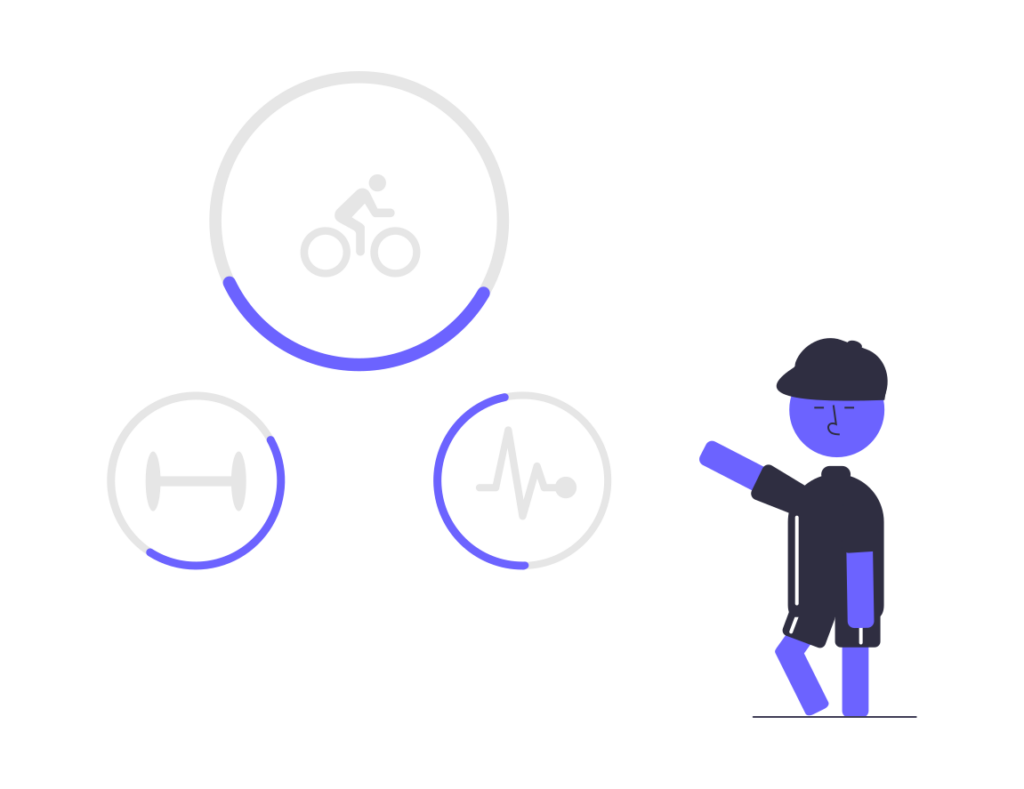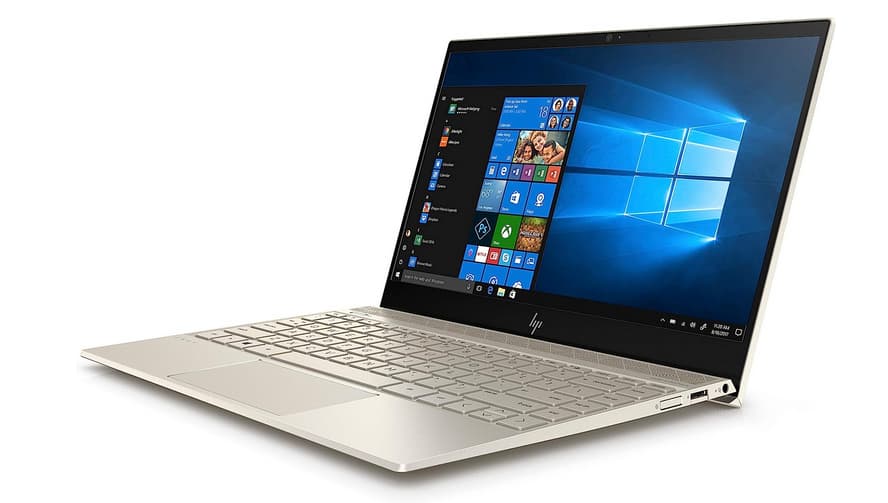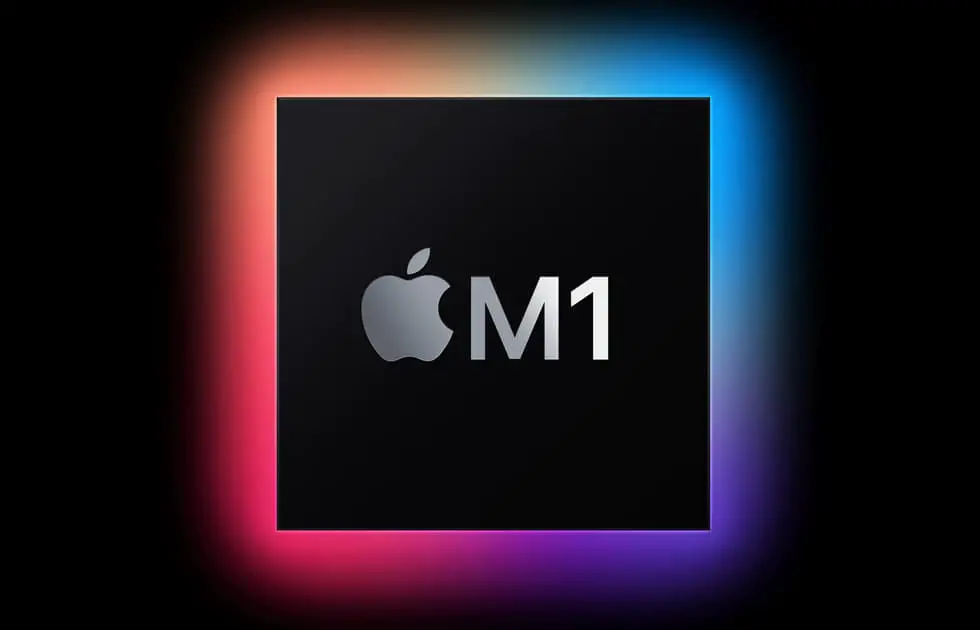There are various types of processors that you can choose from when selecting a good laptop for programming. The most common options are the AMD options such as the AMD Ryzen 7 and Intel Core i series options such as the Core i3.
With such options available, you may be wondering if an Intel Core i3 CPU processor is ideal for your programming needs and skepticle if it will satisfy your processing power requirement.
Well,
The Intel Core i3 processor is good enough for programming. However, for optimal performance, choose higher generations such as 10th, 11th, or 12th generation to avoid lagging during resource-intensive tasks. Higher generation Intel Core i3 Processors offer improved speed, enhanced multi-threading, and extended hardware support.
A good 10th Generation Intel Core i3 Processor is the i3-10100 while an 11th Generation Intel® Core™ i3 Processor is the Intel Core i3-11100HE Processor.
For 12th generation Intel Core i3 processors, you can choose the Intel® Core™ i3-1215UL Processor.
All these processors are ideal for programming due to the following reasons:
Why Intel Core i3 Processors are good enough for programming
Late-generation i3 processors, such as the 11th gen, are excellent choices for programming tasks.
These processors offer significant improvements over their predecessors, providing enhanced performance and features that greatly benefit programmers.
Let’s explore the reasons why i3 processors in the late generation family are ideal for programming.
- Improved Architecture and Performance
- Enhanced Multi-threading Capabilities
- Advanced Instruction Sets and Technologies
- Improved Power Efficiency
- Affordability and Budget-friendly Options
Let’s look at each opportunity in detail:
Reason 1: Improved Architecture and Performance
Late-generation i3 processors boast improved architecture, resulting in better overall performance for programming tasks.
With higher clock speeds and increased core counts, they excel at handling resource-intensive coding requirements.
For example, when working on data analysis with Python, the i3-1115G4 processor on ASUS VivoBook offers excellent single-threaded performance and can efficiently handle large datasets and complex calculations.
Reason 2: Enhanced Multi-threading Capabilities

Modern i3 processors feature enhanced multi-threading capabilities, which are crucial for programming tasks that involve parallel processing or multi-threaded applications.
For instance, when developing software using frameworks like Node.js or running multiple containers simultaneously, the HP 15.6″ Intel i3-1005G1 laptop processor’s two cores with four threads provide the necessary power and efficiency.
Reason 3: Advanced Instruction Sets and Technologies
Late-generation i3 processors introduce advanced instruction sets and technologies that enhance programming workflows.
One such technology is Intel Quick Sync Video, which accelerates video encoding and decoding tasks.
If you’re involved in multimedia-related programming, like video processing or streaming applications, the Asus VivoBook 14 13-1115G4 processor‘s support for Quick Sync Video ensures smooth and efficient processing of multimedia data.
Reason 4: Improved Power Efficiency

Late-generation i3 processors prioritize power efficiency, making them suitable for developers who require longer battery life or work on laptops.
For mobile programming tasks like Android app development, the Lenovo 2023 Ideapad 1i 12th Gen Intel Core i3-1215U Processor (6 Core) processor, with its low power consumption and integrated graphics, offers a great balance between performance and energy efficiency.
You will get up to 10 hours of average battery life on this laptop.
Reason 5: Affordability and Budget-friendly Options

i3 processors in the late generation family provide affordable and budget-friendly options for programmers, making them accessible to a wide range of users.
For beginners starting their programming journey, the i3-10100 processor offers sufficient power and capabilities to learn programming languages, build simple applications, and experiment with coding projects without breaking the bank.
A perfect budget-friendly laptop for programming offering 10th generation Core i3 processor is the Acer Aspire 5 A515-55-35SE that has the Intel Core i3-1005G1 Processor.
Other
Best i3 laptops for programming
- HP 15.6″ HD Intel 10th Gen i3-1005G1
- Lenovo IdeaPad 3 14 Laptop, Intel Core i3-1005G1
- HP 15 Notebook, 15.6″ HD Screen Laptop, Intel Core i3-1115G4
- HP 2022 Pavilion 17.3″ HD+ Laptop Computer, 11th Gen Intel Dual Core i3-1115G4 (Upto 4.1GHz, Beats i5-1030G7)
FAQs
Is i3 11th generation good for programming?
Absolutely! The i3 11th generation is an excellent choice for programming offering improved architecture and enhanced performance This processor ensures smooth execution of coding tasks and programming applications.
Its multi-threading capabilities and higher clock speeds enable efficient handling of complex programming languages and resource-intensive applications.
The i3 11th gen provides the necessary power and speed to bring your programming ideas to life, making it a reliable companion for developers.
Is Core i3 good for Python?
The Core i3 processor is well-suited and good enough for Python programming. Here’s why: Python is not a particularly resource-intensive language, and the Core i3 provides sufficient processing power to handle Python code efficiently.
Although Python has a Global Interpreter Lock (GIL), which limits true multi-threading, the Core i3’s multi-threading capabilities are still beneficial for certain Python tasks. It allows for concurrent execution of multiple threads and is advantageous when dealing with computationally intensive or parallelizable Python operations.
Python is often recommended as a beginner’s programming language, and the Core i3 complements this by offering a budget-friendly option without compromising on functionality. It allows newcomers to learn Python comfortably and enjoy a smooth coding experience.
Core i3 processor is an excellent choice for Python programming. Its adequate processing power, multi-threading capabilities, balanced performance, and affordability make it an ideal processor for Python development, whether you’re a beginner or working on small to moderate-sized Python projects.
Is i3 12th gen good for programming?
The i3 12th generation is a game-changer for programming enthusiasts. With advanced features like increased cache size and improved AI capabilities, this processor takes your coding experience to the next level.
The combination of high clock speeds, efficient multi-threading, and enhanced hardware support empowers programmers to tackle intricate algorithms, machine learning tasks, and heavy codebases effortlessly.
The i3 12th gen unleashes your creativity, allowing you to craft innovative and cutting-edge software solutions.
Is i3 10th generation good for programming?
The i3 10th generation is a reliable companion for programming endeavors. While it may not have the latest advancements, it still offers commendable performance for coding tasks.
With its respectable clock speeds and multi-threading capabilities, the i3 10th gen handles programming languages, development environments, and compilers proficiently.
It ensures smooth execution of most programming projects, making it an excellent choice for beginners or those working on less to medium resource-intensive applications.
The i3 10th gen provides a solid foundation for your programming journey, allowing you to learn, experiment, and create software solutions with confidence.
Is Core i3 or i5 better for programming?
A late-generation Core i3 processor such as the 12th generation Intel Core i3-1215UL Processor can outperform an early-generation Core i5 for programming tasks.
The advancements in architecture, clock speeds, and features in newer generations of Core i3 processors make them more capable and more efficient.
When it comes to programming, the choice between Core i3 and i5 processors will depend on various factors such as the processor capabilities, amount of maximum RAM size supported, and clocking speeds.
If you are choosing an i3 or an i5, choose based on the specificity of a particular i3 processor and i5 processors. With a particular processor in mind, you can be able to look at which processor outperforms the other based on processing power output, clock speed in the form of GHz, and max RAM size supported.
If you are comparing the latest generation families of Intel Core i3 and Core i5 processors, then in that case, Core i5 CPU processors tend to be better choice for programming.
How much RAM is required for i3 processor?
16 GB to 32 GB of RAM is the ideal RAM size range for an i3 processor. Intel Core i3 processors supports up to 128 GB of RAM memory size.
Thus, you have the option of choosing a 4GB to 128GB of RAM.
However, if you’re working on more demanding coding tasks or running resource-intensive applications such as emulators, you can benefit from using 64 GB of RAM with an i3 processor.
This higher RAM capacity ensures smoother multitasking and better performance, allowing you to handle complex projects with ease.
10th Generation Intel Core i3-10100 supports up to 128 GB of memory, 11th generation Intel Core i3-1115GRE supports up to 64GB of DDR4 memory, and 13th generation Intel Core i3-1305U supports maximum memory size of 64GB.
Low generation i3 processors that may not be ideal for programming such as the Legacy Intel Core 13-540 processor supports a maximum memory size of 16 GB.
Is i3 4GB RAM good enough for coding?
An i3 processor with only 4GB of RAM is sufficient for light development purposes such as writing scripts or web development.
However, to ensure a smooth coding experience, it is recommended to have a minimum of 8GB of RAM or preferably 16GB.
Having an insufficient RAM may lead to sluggish performance, especially when running resource-intensive coding tools such as Android Studio and applications such as IDEs.
Here is a more comprehensive Intel Core i3 processor with the maximum RAM size they can support
| Intel Core i3 processor family | Maximum Memory Size (GB of RAM) |
|---|---|
| 13th Generation Intel® Core™ i3 Processors | 64 GB |
| 12th Generation Intel® Core™ i3 Processors | 64 GB, 128 GB |
| 11th Generation Intel® Core™ i3 Laptop Processors | 32 GB, 64 GB |
| 10th Generation Intel® Core™ i3 Laptop Processors | 16 GB, 32 GB, 64 GB, 128 GB |
| 8th Generation Intel® Core™ i3 Laptop Processors | 32 GB, 64 GB |
| 7th Generation Intel® Core™ i3 Laptop Processors | 32 GB, 64 GB |
| 6th Generation Intel® Core™ i3 Laptop Processors | 32 GB, 64 GB |
| 5th Generation Intel® Core™ i3 Laptop Processors | 16 GB |
| 4th Generation Intel® Core™ i3 Laptop Processors | 16 GB, 32 GB |
| 3rd Generation Intel® Core™ i5 | 32 GB |
| 2nd Generation Intel® Core™ i3 | 8 GB, 16 GB, 32 GB |
Sources
- https://www.intel.in/content/www/in/en/support/articles/000007393/processors.html
- https://ark.intel.com/content/www/us/en/ark/products/series/230488/13th-generation-intel-core-i3-processors.html
- https://ark.intel.com/content/www/us/en/ark/products/230902/intel-core-i31215ul-processor-10m-cache-up-to-4-40-ghz.html
Conclusion
The late-generation i3 processor families, such as the 11th gen, are ideal for programming due to their improved architecture, enhanced multi-threading capabilities, advanced instruction sets, power efficiency, and affordability.
Depending on specific coding requirements, the i3-11100F, i3-11300, i3-11400, i3-1125G4, and i3-1115G4 processors offer excellent choices, empowering programmers to excel in their coding endeavors while enjoying the benefits of the latest processor technologies.







